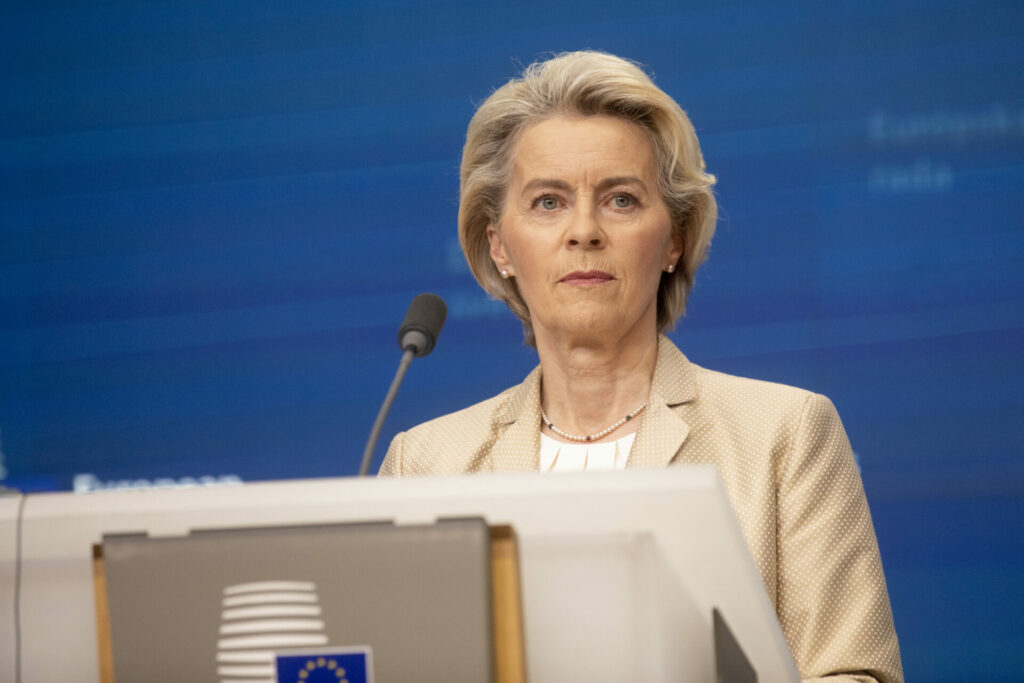European Commission President Ursula von der Leyen announced on Thursday that she has arrived in South America, aiming to finalise the controversial free trade agreement with Mercosur countries.
"Landing in Latin America. The finish line for the EU-Mercosur agreement is in sight. Let’s get to work and make this leap. We have the opportunity to create a market of 700 million people. The largest trade and investment partnership the world has ever seen. Both regions will benefit," she wrote on the social media platform X.
This free trade agreement is among the 27 EU Member States and four of the five Mercosur nations (Brazil, Argentina, Paraguay, and Uruguay). It has been under negotiation for over 20 years.
Although widely supported by business leaders, the agreement extends beyond agriculture, which remains the primary focus of opposition. The European Commission may sign the treaty as early as this week at the Mercosur summit starting on Thursday in Montevideo, Uruguay.
Some suggest it could be even tomorrow, while France is in political turmoil. Driven by its farmers, France seeks to form a blocking minority within the EU Council, while countries like Germany and Spain are eager to finalise the agreement.
In Belgium, Flemish parties in favour of free trade, led by N-VA, view it as an opportunity, particularly for the Port of Antwerp. Francophone parties oppose it in its current form, citing unfair competition if Mercosur agricultural products are not subject to the same sanitary, environmental, and social standards, through mirror clauses.
On Thursday, the agricultural opposition to the Mercosur treaty was evident through demonstrations by Walloon farmers on various roads near the borders with France and Germany.
Even if the European Commission signs the treaty, the process is not yet complete. The agreement must still be approved by the EU Council (Member States) and the European Parliament, and potentially by national parliaments if the Commission decides so. The treaty also faces opposition in South America.

